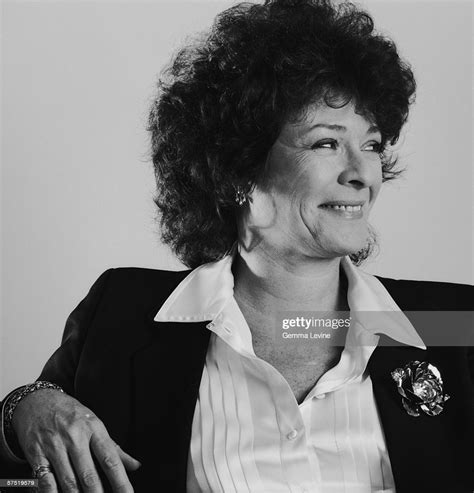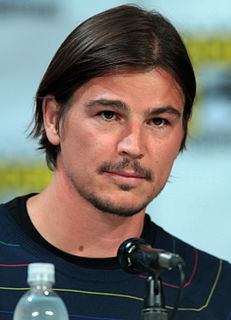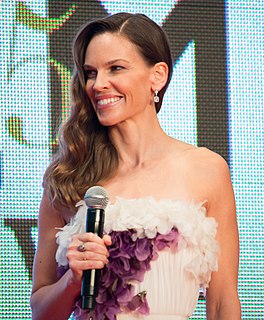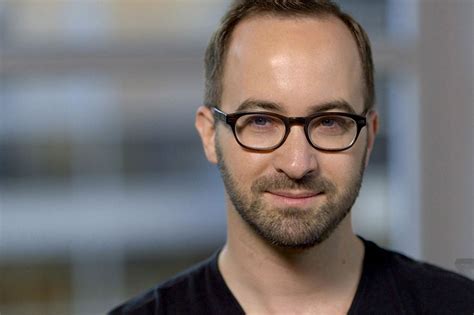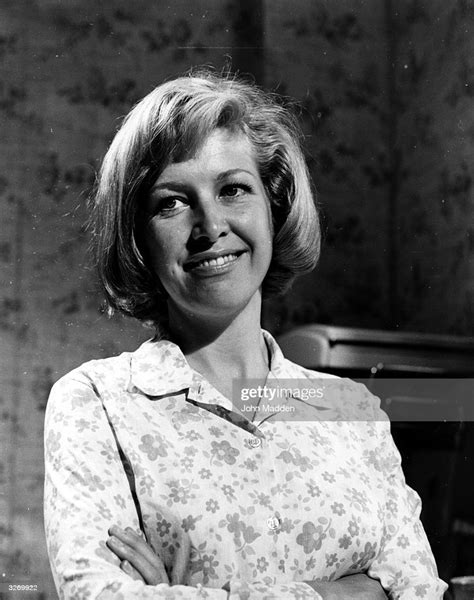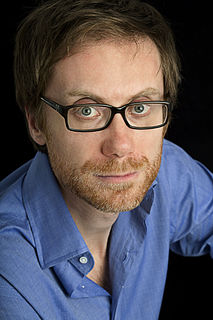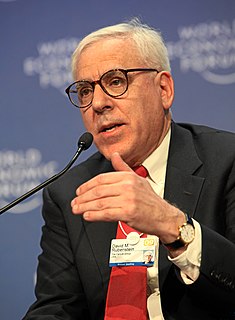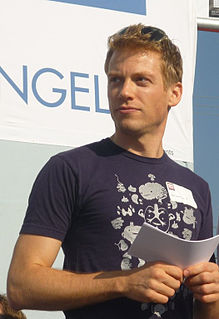A Quote by Janet Suzman
One tries to be an observer as an actor and indeed as a director because the small things, the give-away things are what are really interesting to a performer.
Related Quotes
Film is such a director's medium; you're really in their hands in terms of the real storytelling. As an actor, you can give a performance moment to moment and some of your takes will be used and some of them won't. I think there are great films you can make with bad performances, and vice versa. There are all combinations of those things. It's really down to the director what happens, I think, so that's why it's really good to work with very talented, bold directors.
When I get hired as an actor as opposed to a writer, one of things that's exciting for me is doing stuff I wouldn't normally do myself. So whether it's a kid's movie or a voice in animation or in this case - where I just get to be silly, it's a different kind of comedy for me. As a performer, it's a different pleasure than when you're writing or directing. As a performer, you're just in the hands of the director and you go with whatever they want to do.
Practice giving things away, not just things you don't care about, but things you do like. Remember, it is not the size of a gift, it is its quality and the amount of mental attachment you overcome that count. So don't bankrupt yourself on a momentary positive impulse, only to regret it later. Give thought to giving. Give small things, carefully, and observe the mental processes going along with the act of releasing the little thing you liked.
Cyndi Lauper is really good at talking to you about normal things. It's strange to be in the presence of a big celebrity like that. You want to make these connections and say things related to being a fan. It's not as interesting for them. She's amazing at making small talk without it seeming small.
If we do change anything, we always talk about it beforehand. It's not really fair to throw things at the director on the day, unless it's a small note such as re-phrasing something. But if it's large, we always talk to the director. But we seldom do that out of respect for the writers because, for the most part, they do such a great job.
We must not drift away from the humble works, because these are the works nobody will do. It is never too small. We are so small we look at things in a small way. But God, being Almighty, sees everything great. Therefore, even if you write a letter for a blind man or you just go sit and listen, or you take the mail for him, or you visit somebody or bring a flower to somebody-small things-or wash clothes for somebody, or clean the house. Very humble work, that is where you and I must be. For there are many people who can do big things. But there are very few people who will do the small things.
